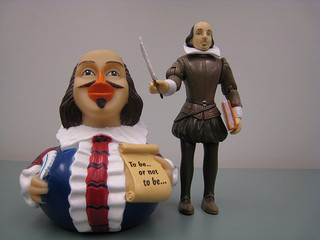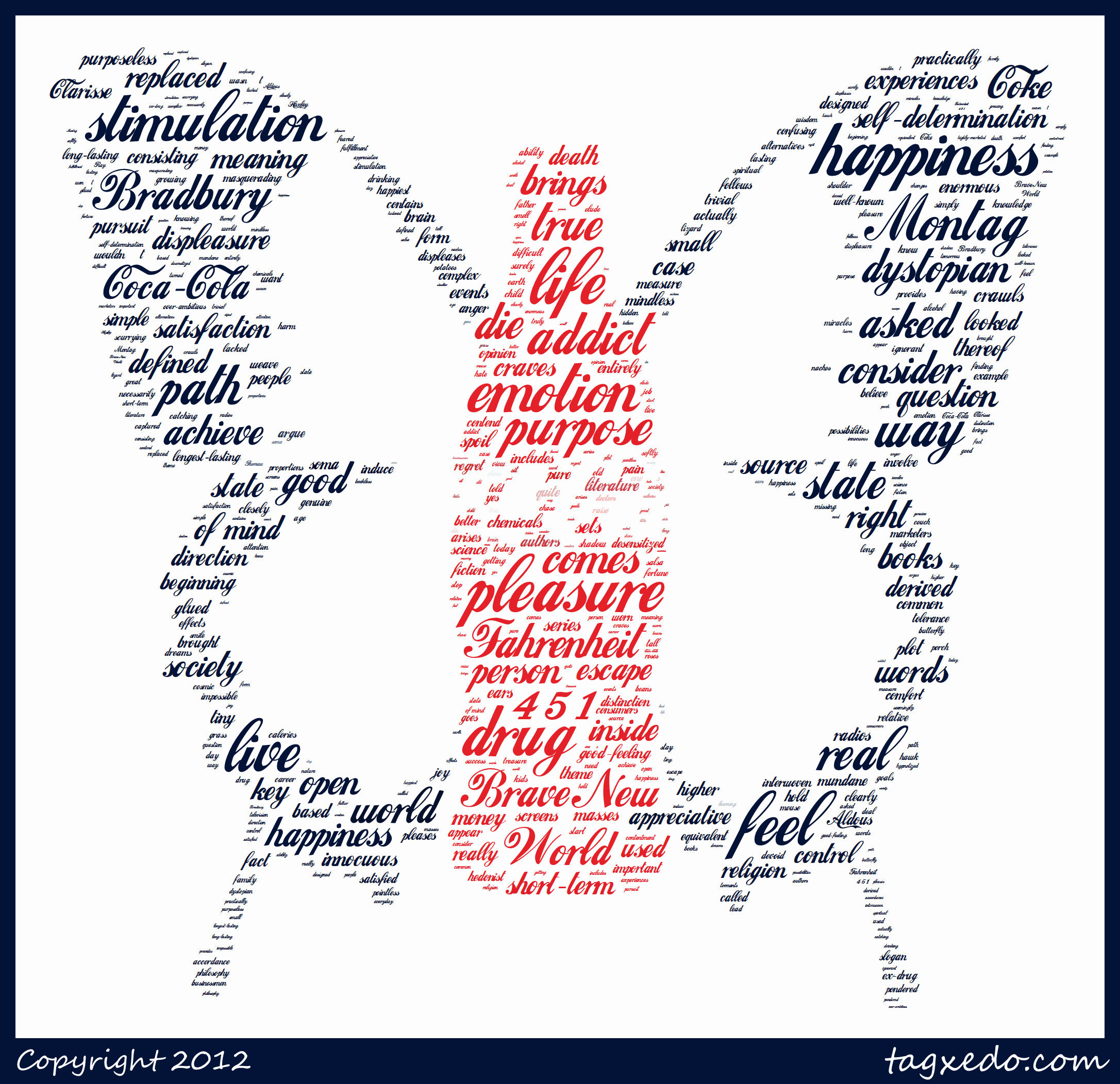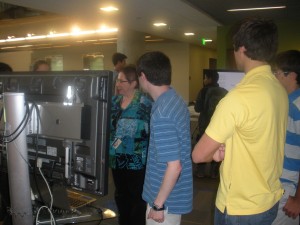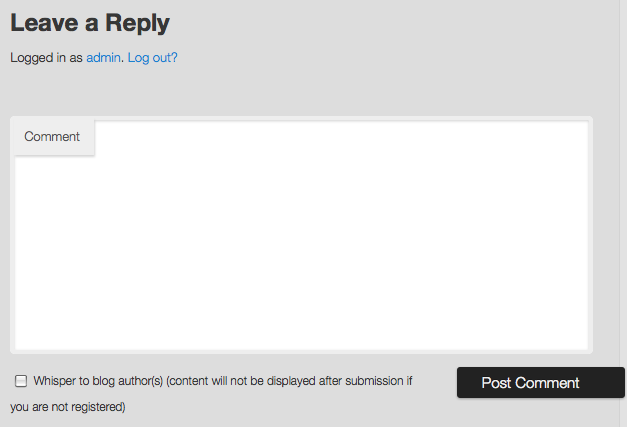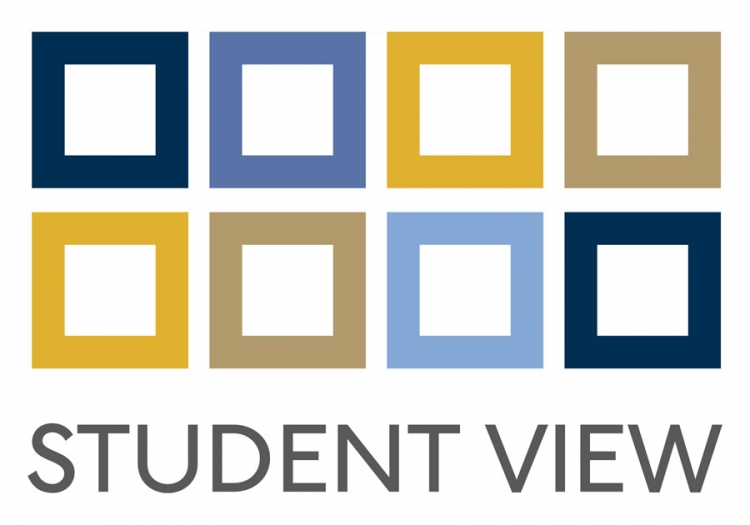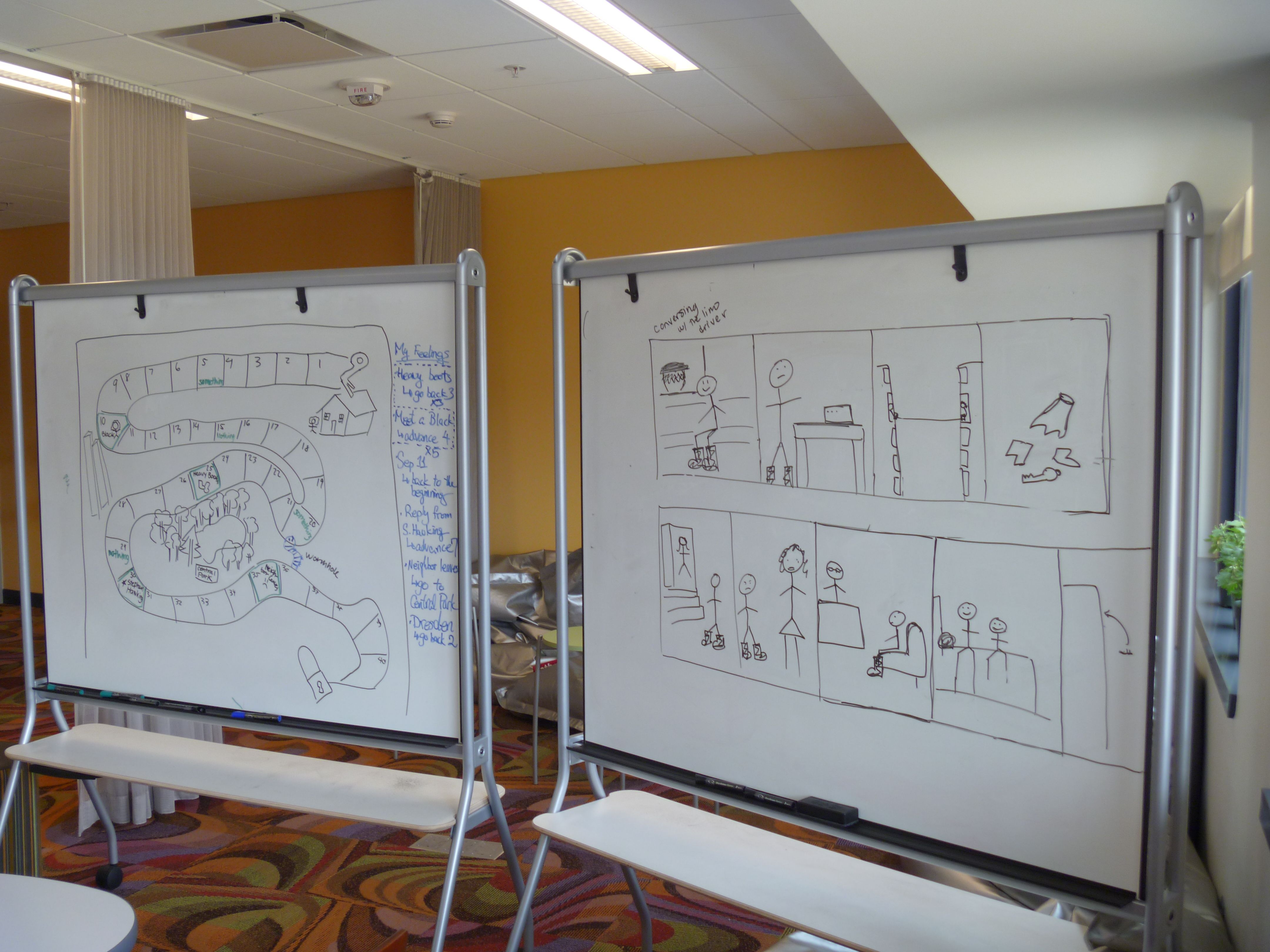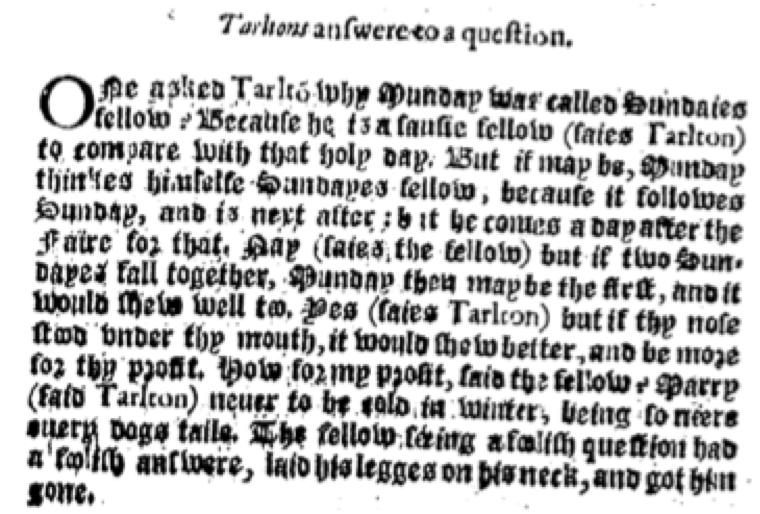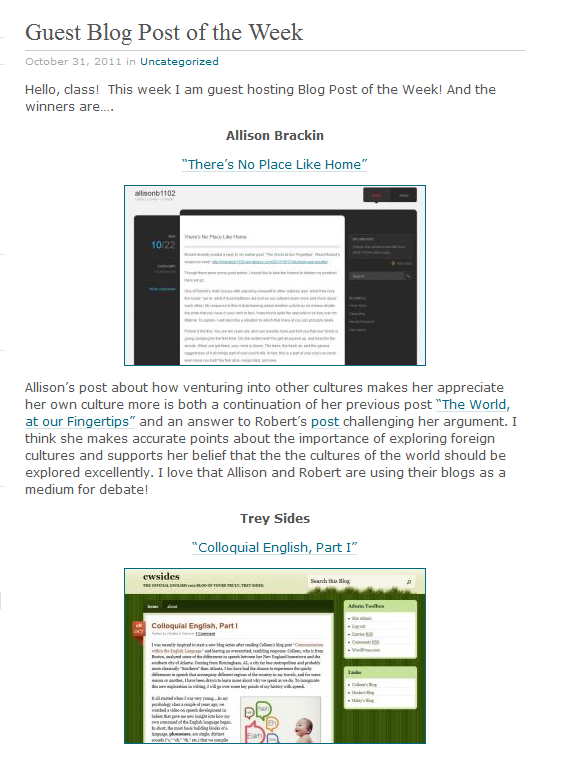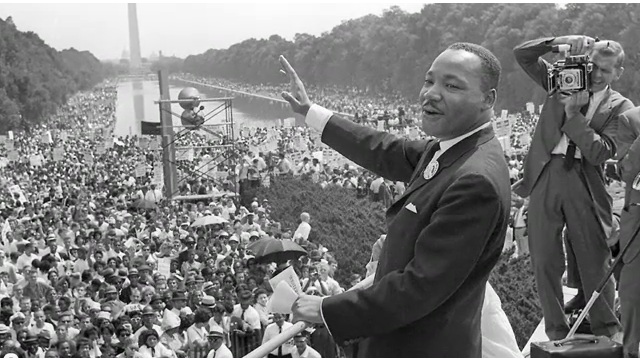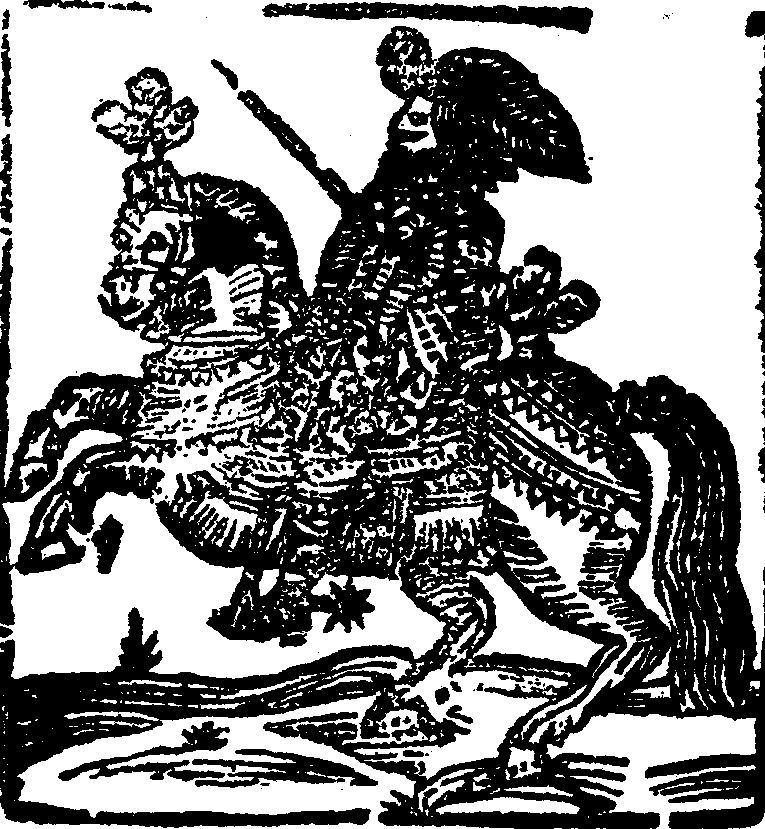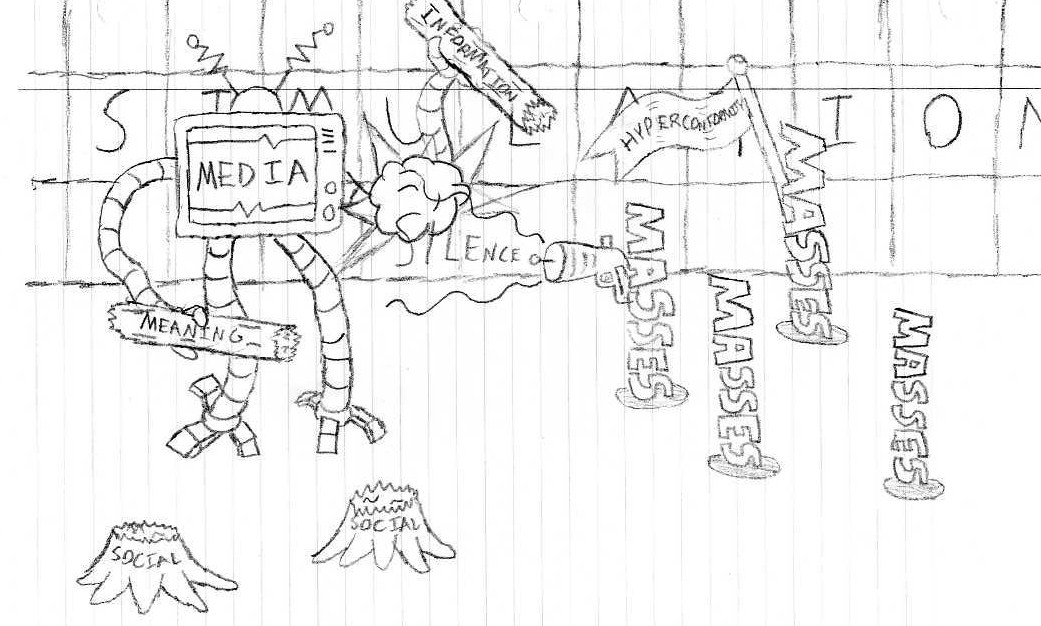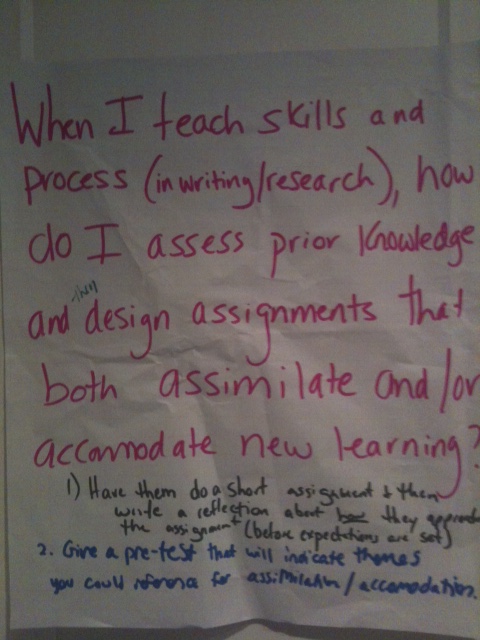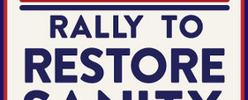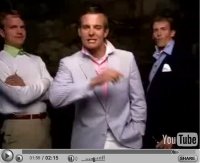
I know you’ve been holding your breath for the second installment of my musings on and eternal search for effective stereotype-breaking strategies. So here goes. Today I take on the elusive term “race” as a myth that students approach rather curiously: with great resentment. And I think I’ve figured out at least part of the reason why. Let me try to explain:
I attempted to have a conversation with my students this week about white privilege. They read “The End of White America?” by Hua Hsu, published in The Atlantic in 2009. I also had them look at this hilarious video made by Smirnoff in 2006, which Hsu mentions.
So, they had read (or were supposed to have read) Hsu’s essay on the “beiging” of the white race in the United States, the increasing diversity of American popular culture, and the ensuing backlash against multiculturalism and retrenchment into whiteness. Continue reading
